
Data from the AQUILA study support the use of fixed-duration subcutaneous Darzalex Faspro as an early treatment option in high-risk smoldering myeloma.

Spencer, Assistant Editor of CURE®, has been with MJH Life Sciences since 2024. A graduate of Rowan University with a bachelor's degree in health communication, Spencer manages CURE's Facebook, Instagram and YouTube. He also enjoys spending time with family and friends, hiking, playing guitar and rock climbing.

Data from the AQUILA study support the use of fixed-duration subcutaneous Darzalex Faspro as an early treatment option in high-risk smoldering myeloma.
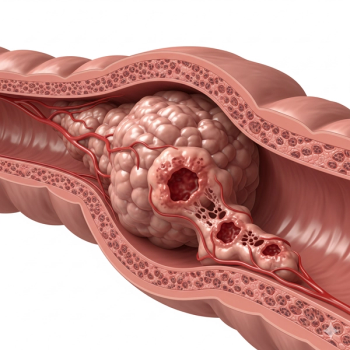
Colorectal cancer is a complex disease. Understanding its fundamental aspects can empower you to have more informed and productive conversations with your oncologist.
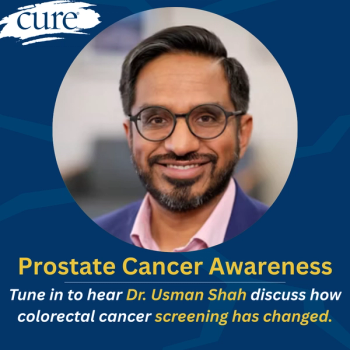
Rising colorectal cancer rates in younger adults are prompting earlier screenings, with colonoscopy offering both detection and prevention.

PredicineCARE, a urine-based test, is under FDA review as a companion diagnostic for bladder cancer, building on previous data and biomarker insights.

The FDA granted breakthrough device designation to the Haystack MRD test, which uses ctDNA to detect residual or recurrent stage 2 colorectal cancer.

The FDA approved Bildyos and Bilprevda as biosimilars to Prolia and Xgeva, expanding bone care options for osteoporosis, cancer and more.
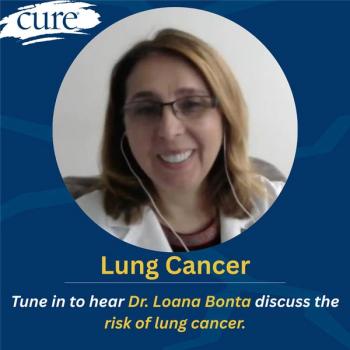
Lung cancer affects up to 25% of non-smokers, so persistent symptoms and genetic testing are key for early detection and treatment.
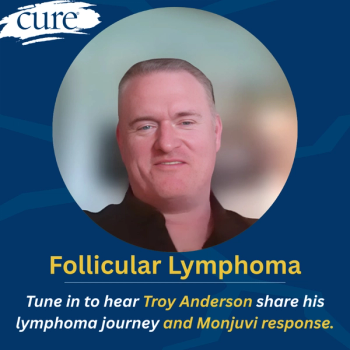
The FDA approved Monjuvi with Revlimid and Rituxan for follicular lymphoma, the same combination that brought survivor Troy Anderson a lasting response.
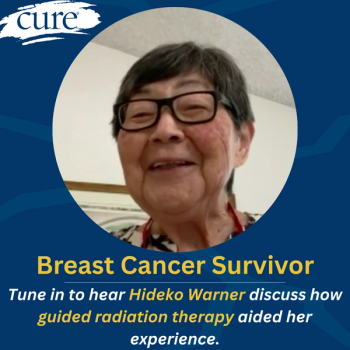
Hideko Warner shared how she faced three cancers at once and became the first in Orange County to receive biology-guided radiation therapy with no side effects.

Non-drug therapies, counseling and telehealth improved pain, mood and communication in cancer care, though older adults and minorities remain underrepresented.

Dr. Neal Patel says biopsy results may not fully capture prostate cancer risk, stressing that PSA, stage and disease volume should also guide treatment.
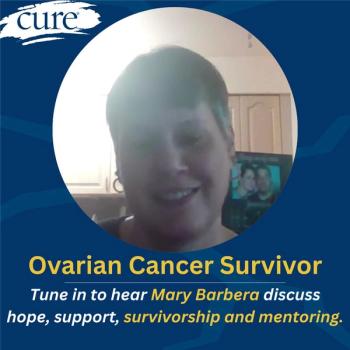
A survivor shares how family, care teams and mentoring others helped her face stage 3C ovarian cancer and reclaim independence with hope.

Dena Champion, dietician, explains how taste/smell changes from cancer treatment can make eating difficult and affect recovery.

Breast cancer types, staging, diagnosis, treatment, and survivorship are complex, but understanding them helps patients make informed care decisions.

The FDA approved the Dako Omnis panel to identify patients with colorectal cancer with mismatch repair deficiency.

The FDA declined approval of Darzalex Faspro for newly diagnosed, transplant-ineligible multiple myeloma in its current form.

Study finds anti-nausea drug aprepitant boosts distant disease-free and breast cancer-specific survival in early-stage triple-negative breast cancer.

Structured resistance training is safe for breast cancer patients, improving arm muscle and reducing lymphedema during and after treatment.
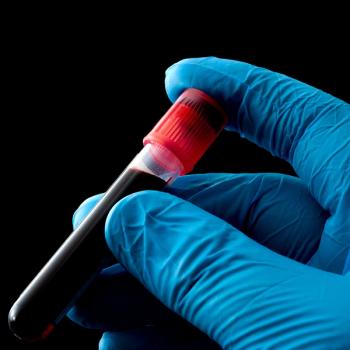
ctDNA-MRD testing better predicted outcomes versus PET/CT scans for large B-cell lymphoma, leading to NCCN guideline updates for remission assessment.

Breast cancer survivors who lost ≤5% of body weight with diet and exercise experienced greater weight loss, improved function, and less pain with Contrave.
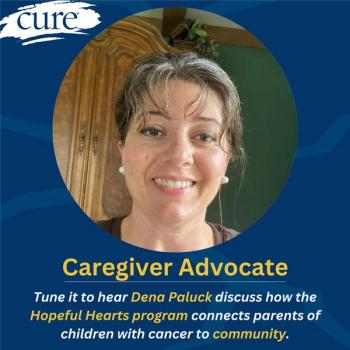
Dena Paluck, whose daughter Laura had osteosarcoma, volunteers with Hopeful Hearts to connect parents of children with cancer to support networks.
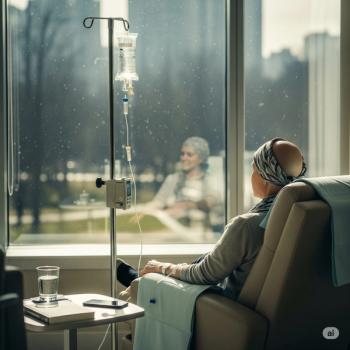
Intensive chemotherapy improved survival in patients with accelerated and blast phase myeloproliferative neoplasms, with Venclexta showing no clear benefit.
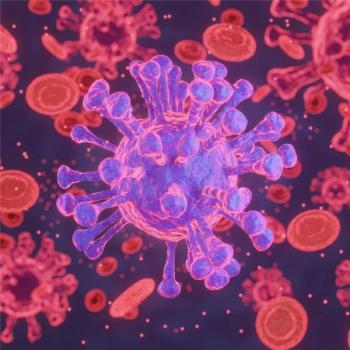
More than half of patients with myelofibrosis and low platelets treated with Vonjo saw platelets rise 58% and hemoglobin levels improve.

Real-world data show that Enhertu benefits those with HR+ breast cancer, whereas Trodelvy is effective as an initial treatment for HER2-null/HER2– disease.
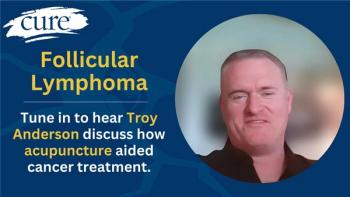
Follicular lymphoma survivor Troy Anderson credited acupuncture and nutrition guidance with easing treatment side effects and aided in remission.

About one in six men with grade group 1 prostate cancer have higher-risk disease, showing outcomes vary and biopsy grade may underestimate risk.

The FDA accepted vepdegestrant’s new drug application for ER+/HER2–, ESR1-mutated advanced breast cancer with a June 5, 2026, review date.

Certain gut bacteria were linked to higher risk of heart damage in older patients with breast cancer, suggesting a possible role for preventative probiotics.
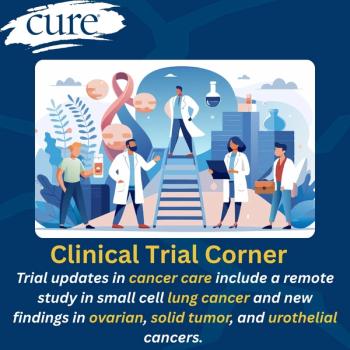
Clinical trial updates in cancer care include a remote study in small cell lung cancer and new findings in ovarian, solid tumor, and urothelial cancers.

The FDA approved Hernexeos for adults with unresectable or metastatic non-squamous non-small cell lung cancer.